Chinese ties ‘vital’ to trade survival, say resource states
Qld, WA say their ties to China must continue to secure billions in trade, as deals face Morrison government scrutiny.
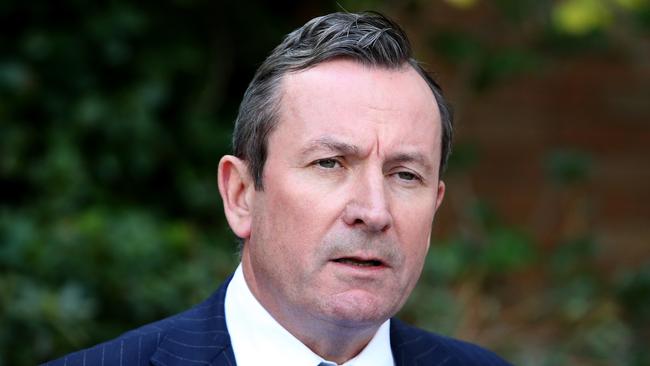
Queensland and Western Australia say their ties to China must continue unimpeded to secure billions of dollars’ worth of trade and thousands of jobs, as the resource states’ deals with the Asian superpower come under the scrutiny of the Morrison government.
Months after cancelling the controversial Belt and Road Agreement between China and the Andrews government in Victoria, Foreign Minister Marise Payne is set to decide whether to allow nearly 50 deals between Chinese entities and other state governments.
While many of the deals with China are likely to survive, the Queensland government warned Canberra on Monday that its agreements with the communist nation were helping to preserve government-to-government contact in the midst of a low point in bilateral relations.
And the West Australian government said it was vital it keep its ties with China to support $110bn worth of trade.
The NSW Department of Education has also handed over half a dozen “sister school” deals it has struck between its public colleges and primary and high schools in China to assess whether they are still in the national interest.
Many local councils have also submitted mostly symbolic sister city links to Chinese towns for the Foreign Arrangements Scheme’s public register. Queensland, South Australia, and Western Australia have also handed over their state deals with Shanghai, Shandong, and the central government in Beijing respectively.
A spokesman for Queensland Premier Annastacia Palaszczuk said her state’s agreements with China helped to partly power its $63bn export industry and ensured the federal government maintained people-to-people contacts in the Asian superpower. “Trade equals jobs. That’s why Queensland has its own trade commissioners to help Queensland businesses gain access in overseas markets,” he said on Monday.
“(Trade and Investment Queensland)’s offices in Shanghai, Beijing, Guangzhou and Chengdu provide in-market support to importers and distributors of Queensland products and services and are our advocates on the ground, an invaluable resource while travel restrictions are in place.”
The Foreign Arrangement Scheme (FAS) was introduced by the Morrison government earlier this year amid growing concerns that states and universities were engaged in foreign deals that contradicted Canberra’s foreign policy objectives, particularly with China.
More than 6000 university deals with foreign powers have been submitted to the foreign deals scheme for scrutiny, amid higher education sector claims that overseas partners had begun to withdraw from research due to the legislation.
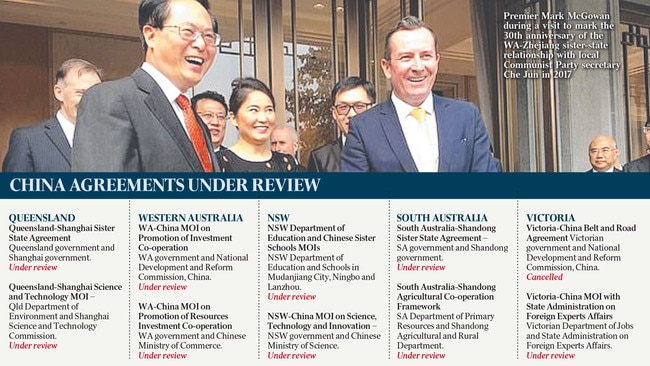
Queensland’s 30-year sister state agreement – renewed in 2019 – includes department-to-department deals on science and technology research between Brisbane and Shanghai. South Australia has similar deals with Shandong Province which includes sub-department deals with the pair’s agricultural ministries. Western Australian has memorandums of understanding with the Chinese Ministry of Commerce’s Investment Promotion Agency and Beijing’s National Development and Reform Commission.
West Australian Premier Mark McGowan has called on Canberra to repair its relationship with China and labelled recent comments of senior Canberra officials on China as “insane”.
A state government spokeswoman said on Monday that China accounted for 56 per cent of the state’s good exports last year and the trading relationship made up a major share of its state revenue and gross product.
“It’s vital Western Australia continues to retain a strong relationship with its biggest trading partner which as a result creates and supports WA jobs,” she said.
In NSW, the deals submitted to FAS include a 2011 memorandum of understanding with the Chinese Ministry of Science and Technology. NSW Education Minister Sarah Mitchell earlier this year cancelled her department’s engagement with the Beijing-backed Confucius Institutes.
Australian Strategic Policy Institute executive director Peter Jennings said every deal with China had to be scrutinised due to its attempts to influence through different channels.
“Deals involving hard science research are probably more important, but the schools and council links are all part of the Chinese United Front influence network,” he said. “We spectacularly misread China and thought if our state and local governments reached out to the CCP we would have more influence in its direction, but that’s turned out not to be the case. “It’s absurd that Queensland has four offices in the People’s Republic of China. It has no business in foreign affairs and it shows our investment in China.”


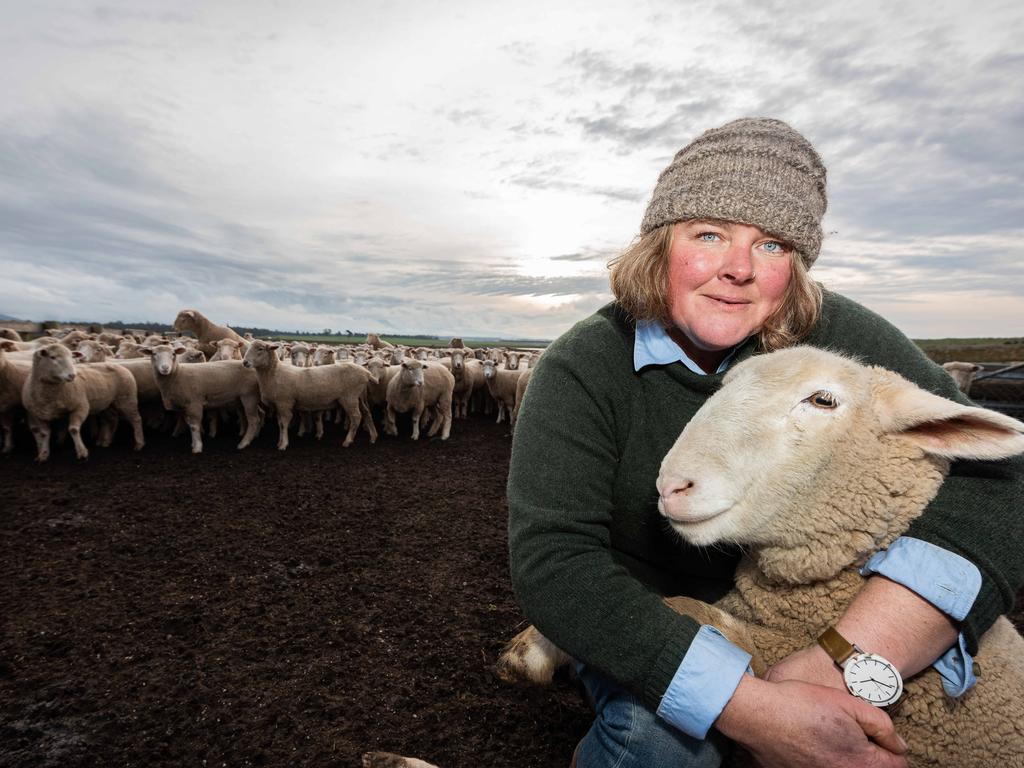
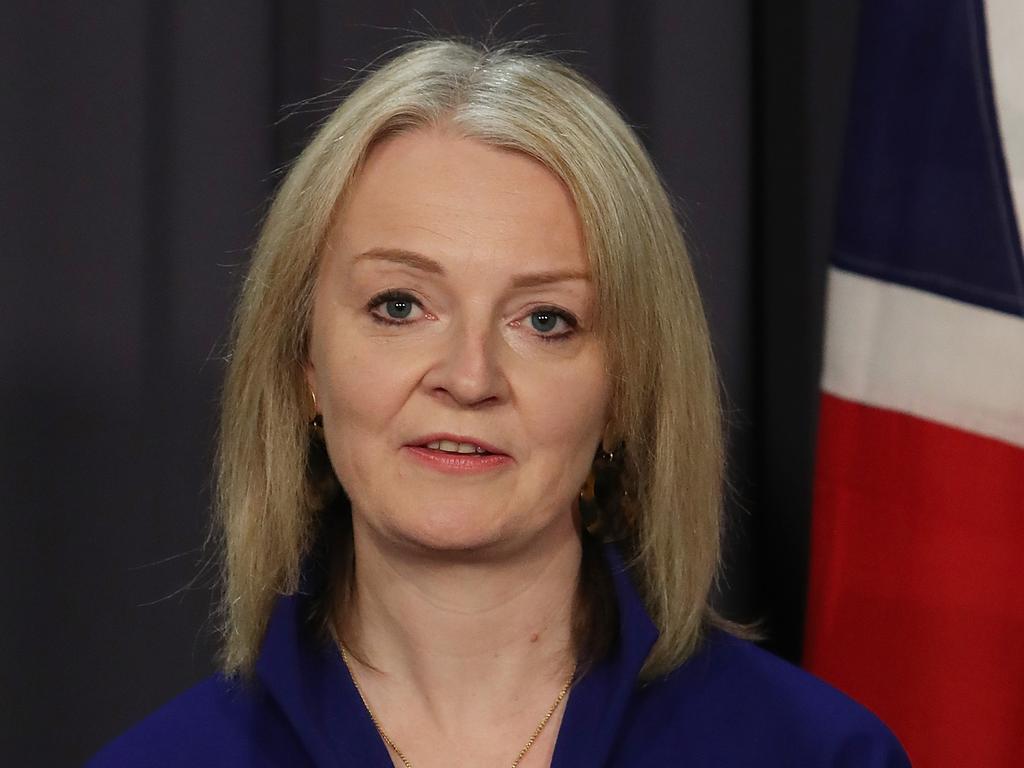
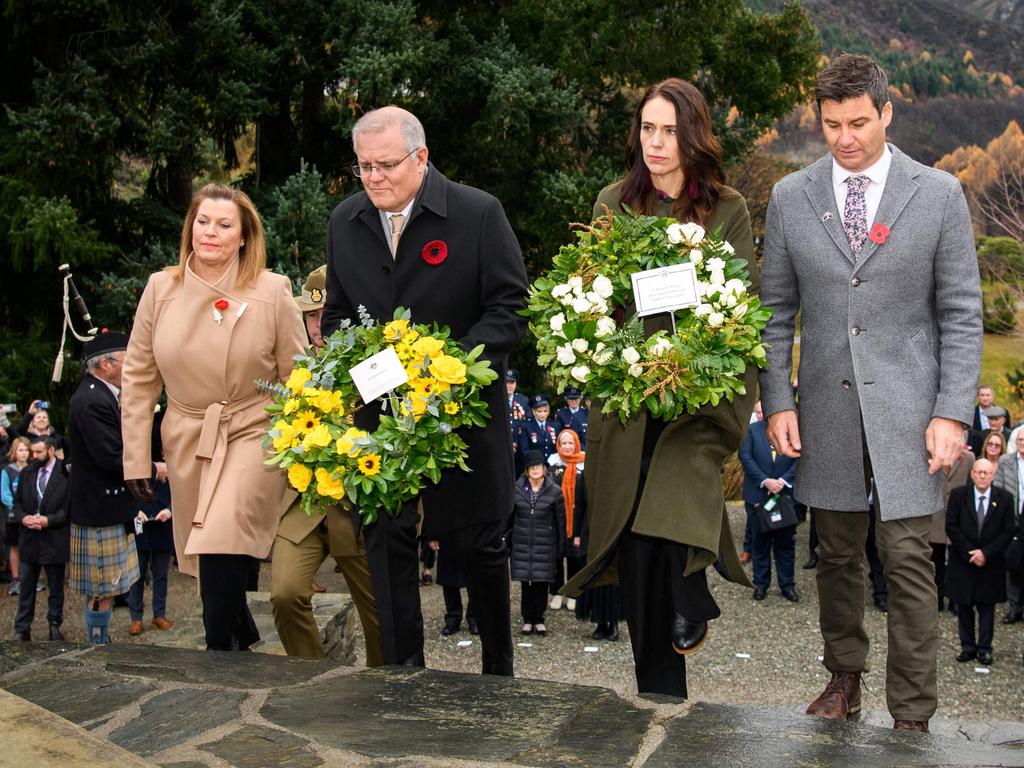



To join the conversation, please log in. Don't have an account? Register
Join the conversation, you are commenting as Logout